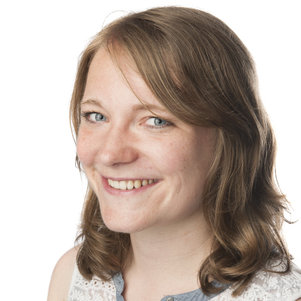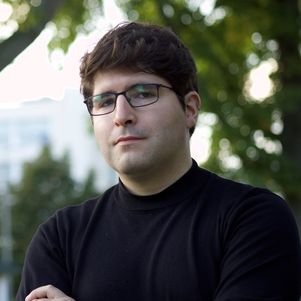First PVE PhD colloquium on December 10
On December 10, from 13:30 till 15:30, the first PVE PhD colloquium will be held. In this colloquium, PhD candidates Lisanne, Adriënne and Jose Ignacio will present and discuss some of their results. In their studies they used PVE as a research method, or they looked at how PVE as a research method can be applied. Below you can read something about their research.
Active disinvestment of healthcare interventions
Active disinvestment of healthcare interventions (i.e. stopping reimbursement by means of a policy decision) may be inevitable to curb the growth in healthcare expenditure. This PVE aimed to quantify the criteria the general public takes into account when choosing between candidate healthcare interventions for active disinvestment. To this end, an unlabeled PVE was used, with the policy alternatives (i.e. healthcare interventions) only being described with the attributes quality of life, life expectancy, availability of alternative treatment, and age. In my presentation, I will present the results of this PVE and our experiences with this unlabeled PVE in the healthcare context.
Methodological insights of three PVE experiments
So far, the pandemic of 2020 have put a number of challenges for survey-based research, but also opened opportunities to explore new research questions, as well as providing more room to focus on methodological research. In this presentation, I review three methodological insights addressed in three PVE experiments conducted in 2020, and I provide further research directions for each one. First, I discuss the identification strategy of a so-called “fixed-budget PVE” using an MDCEV-like model (Dekker, Koster and Mouter, 2020), applied on an experiment aimed to elicit preferences for relaxation of measures against Coronavirus in May 2020. Second, I describe the application of the MDCEV-like and portfolio PVE model (Bahamonde-Birke and Mouter, 2019) when respondents are asked to discard policy options to save budget, applied on an experiment to elicit the preferences for disinvestment of health treatments in 2019-2020 (case study of Adrienne). Finally, I discuss the implications of using the MDCEV model (Bhat, 2008) for a PVE setting where respondents are allowed to choose multiple instances of the same policy option, applied on an experiment aimed to elicit the preferences for policies of healthy lifestyle for low income people in 2020 (case study of Lisanne).
Health promotion among citizens with low incomes
In my PhD project, I focus on health promoting activities for people with a low socioeconomic status. But when it comes to health promotion, you often talk about public money. Therefore, it is interesting to see how tax-paying citizens would like to see the public money regarding health promotion to be spent. The PVE is a perfect tool to study this, which in turn could inform policy makers when it comes to health promotion. The focus of my PVE was on projects that stimulate healthy body weight among citizens with low incomes, such as coaching by a lifestyle coach and fruit-and-vegetables-packages. During the colloquium I will discuss our process and results.


